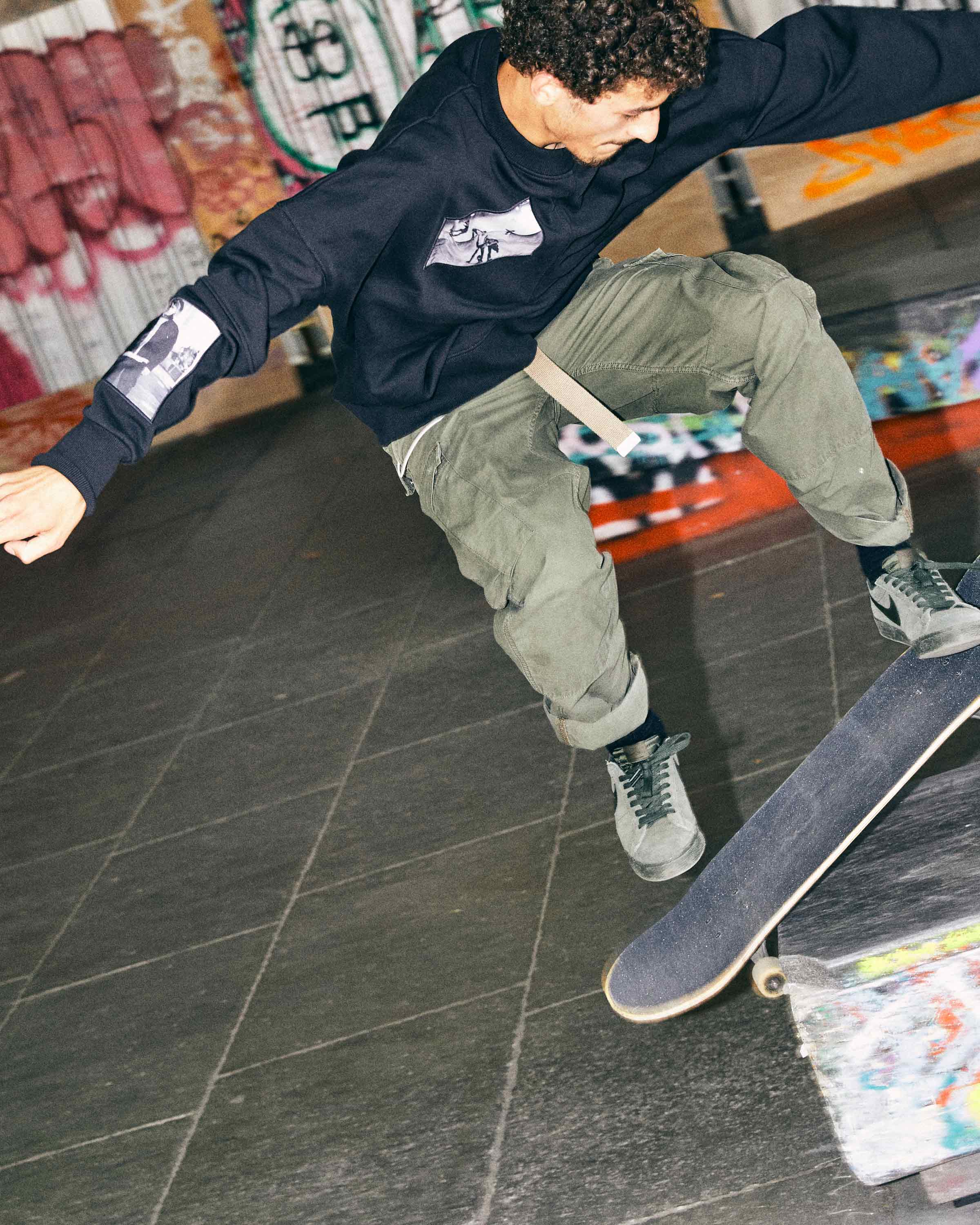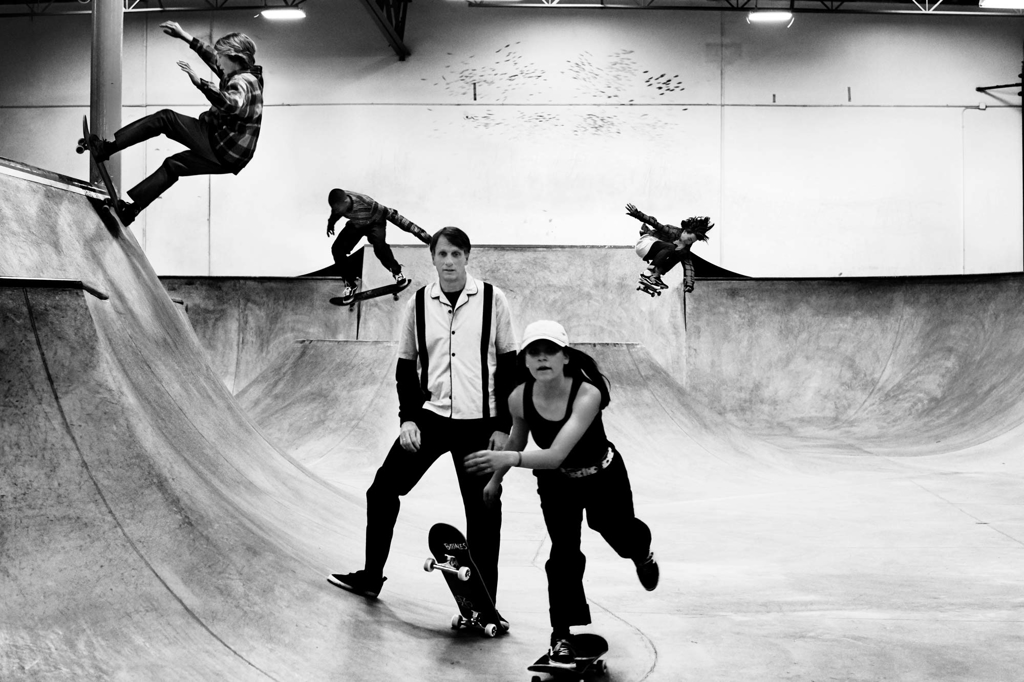
Tony Hawk Signature Line Kickflips Into Browns
Tony Hawk. Birdman. A skating legend and worldwide icon. In an exclusive conversation with Browns, Tony discusses skating, music and the inspiration behind his new collection.
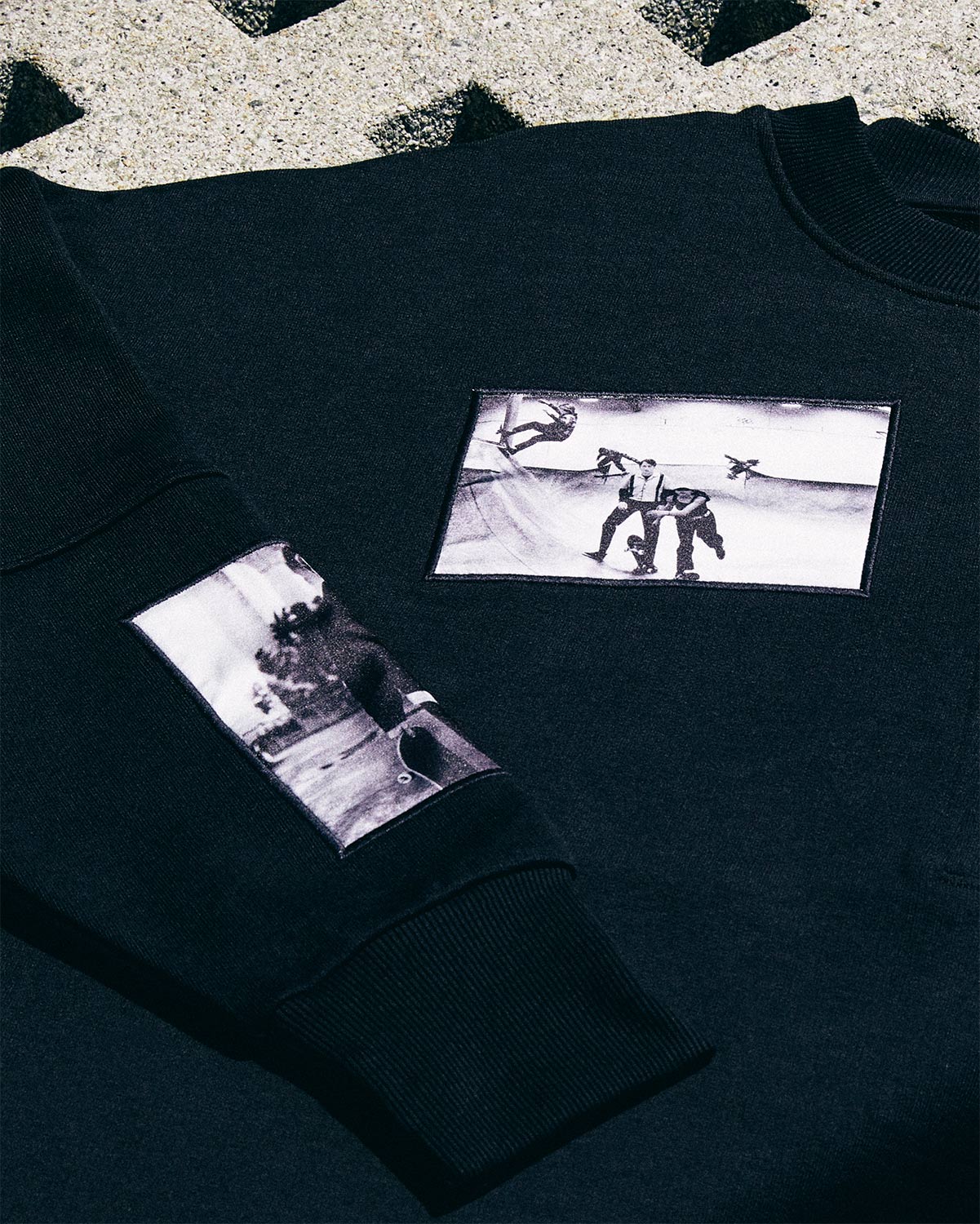
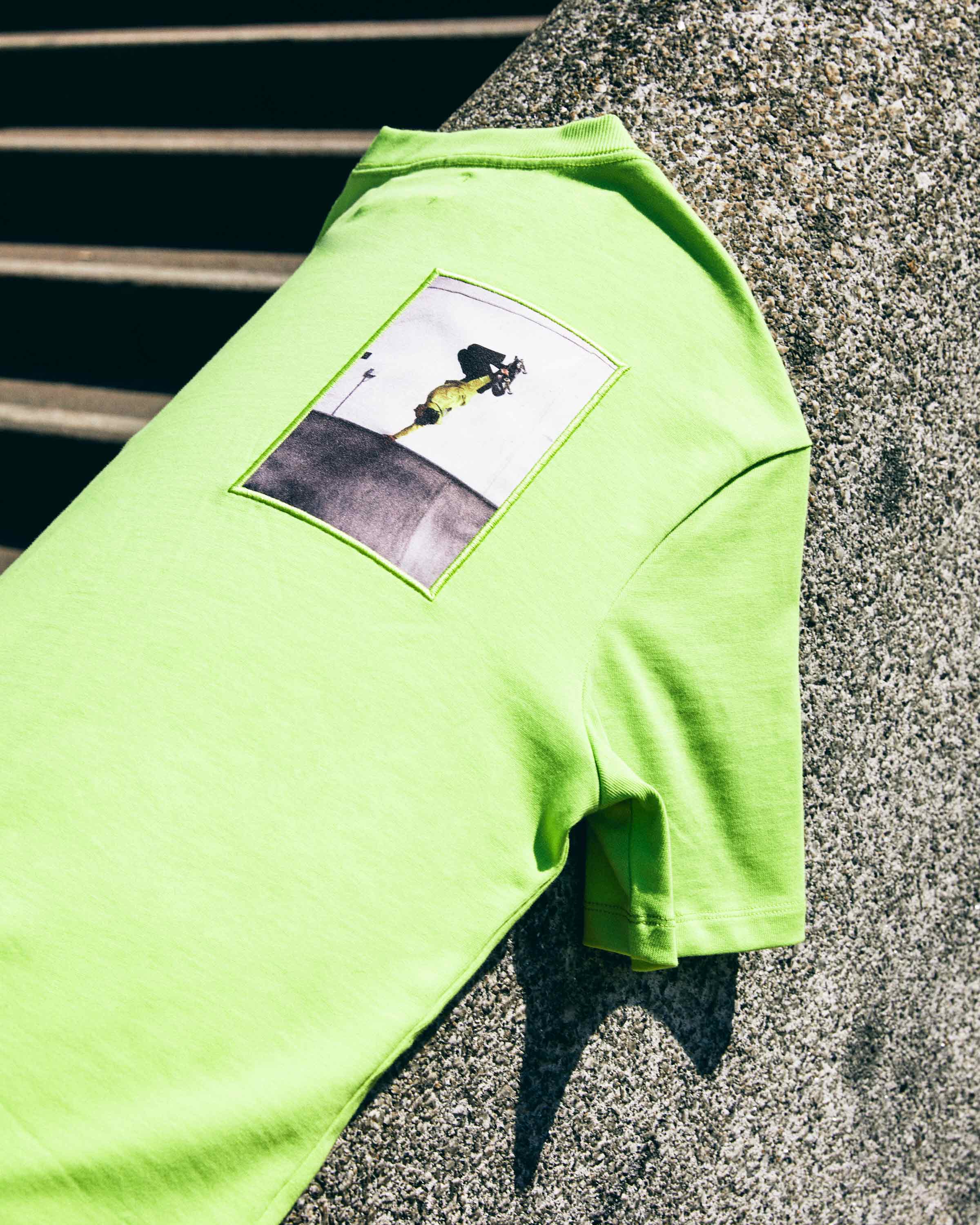
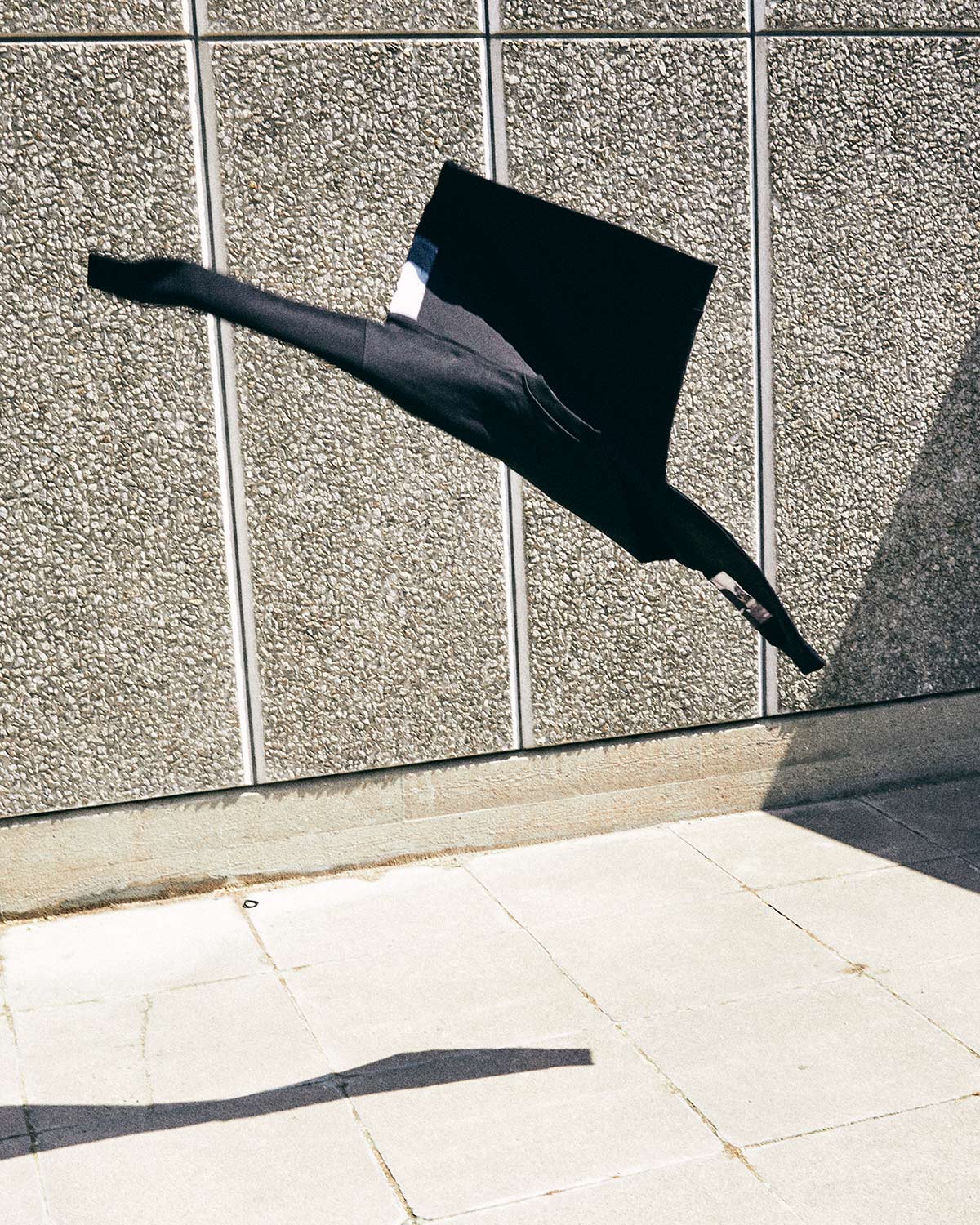
Tell us a little bit about your new line.
The vision behind the range was to give fashion and skate enthusiasts alike a rare glimpse into my life before and beyond skating. The collection takes inspiration from my Californian roots and features the photography by Anton Corbijn shot in my hometown of San Diego.
How did the partnership with Anton Corbijn come about?
I’ve always loved his work from the beginning. When the opportunity arose to work with Anton – someone who shares a mutual passion for music and raw, unfiltered art – I knew instinctively that the creative direction would be extraordinary.
Can you talk about your relationship with Browns?
Browns is a perfect fit for fashion and culture and that’s what the line represents. It was a no brainer to have Browns, a globally known retailer, to be the first to launch the brand.
Anton is well-known for his work in the field of music. What do you feel is the relationship between skating and music?
They are both very creative fields, ones that require experimentation and bold direction in order to be successful. Skating is very much an art form in the same way as music; lines (routines) are like melodies and tricks are like lyrics or riffs.
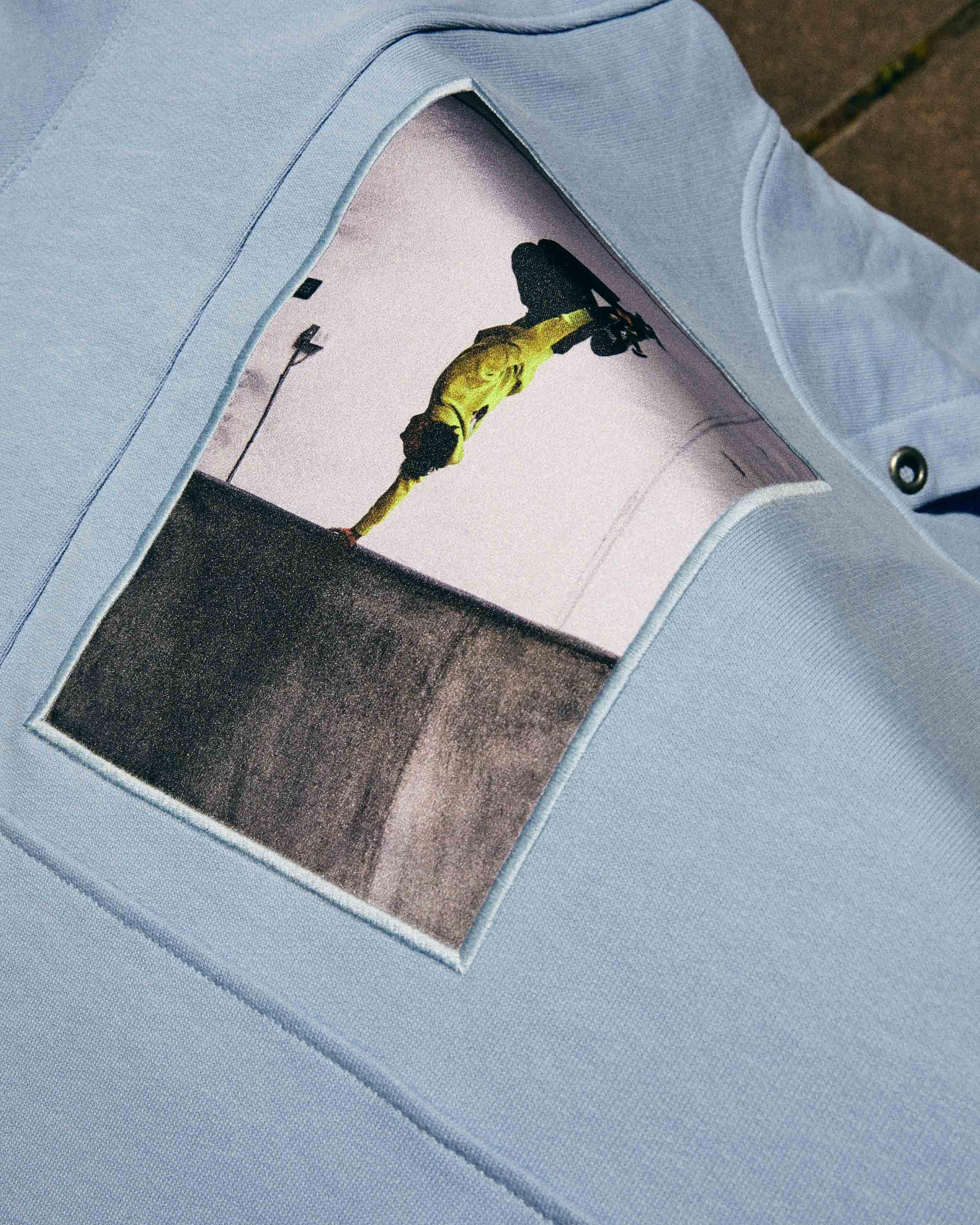
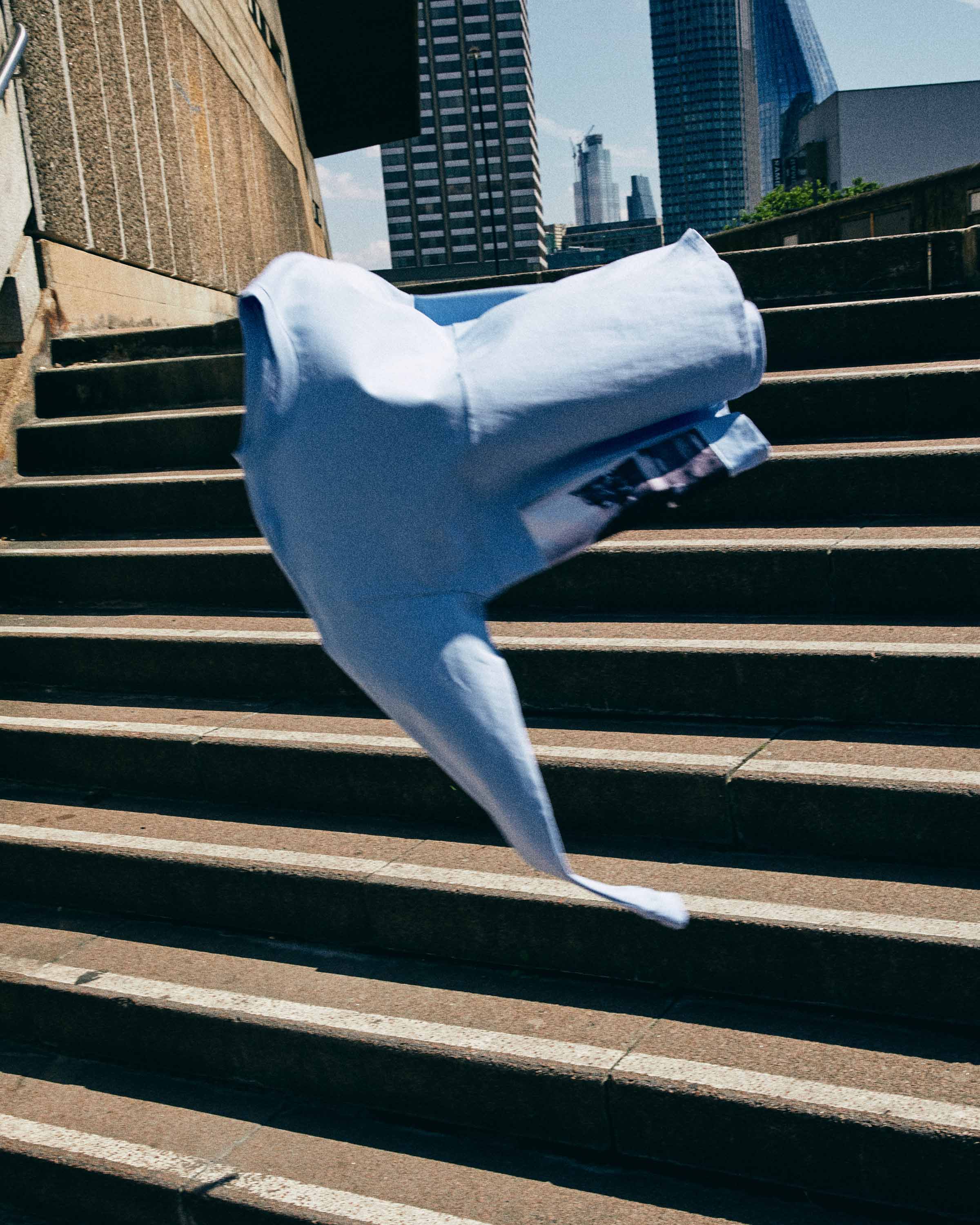
Has music had a big impact on you/ are there any particular artists who have really inspired you, either now or whilst you were growing up? Did you ever play music yourself?
When I was growing up, I connected to Devo as the antithesis to all of the “corporate” rock that flooded the airwaves. Their lyrics and style of music spoke to me on a deeper level, and gave me confidence that doing something different - with passion - was worthwhile. I felt the same way when I first heard Joy Division.
What’s the skate scene like here in London compared with the US?
It is incredibly strong and has been for the last few decades, even though there is a severe lack of facilities (skateparks). Some legendary skaters have come from London over the years, which makes their journey all the more impressive. Even in skateboarding’s “slowest” years (early-mid 90’s), London skaters held some legendary competitions.
In your opinion, where has the most exciting skate scene globally at the moment?
Japan seems to be coming on strong in all respects; from new skateparks to incredible new talent. I’m sure this is directly related to the Olympics skating debuting in Tokyo next year, but it’s great to see skateboarding finally growing there.
Skate culture has completely exploded over the last decade – what do you feel are the positives and negatives of this phenomenon?
The positive aspects are more skateparks, more parental support, more international acceptance and more opportunities for talented skaters to make a living. The only negative aspect in my opinion is people getting into skating with the wrong motivations - like fame or fortune - and not enjoying the deep culture / lifestyle that it can provide to the disenfranchised.
What does skate culture mean to you and how has your relationship with the industry changed?
Skate culture is skateboarding, music, culture, art and inclusivity. My relationship [with it] has changed mostly from being a young skater influenced by all of these elements, to a spokesperson (of sorts) for the culture in general, and I am happy to represent it as best I can.
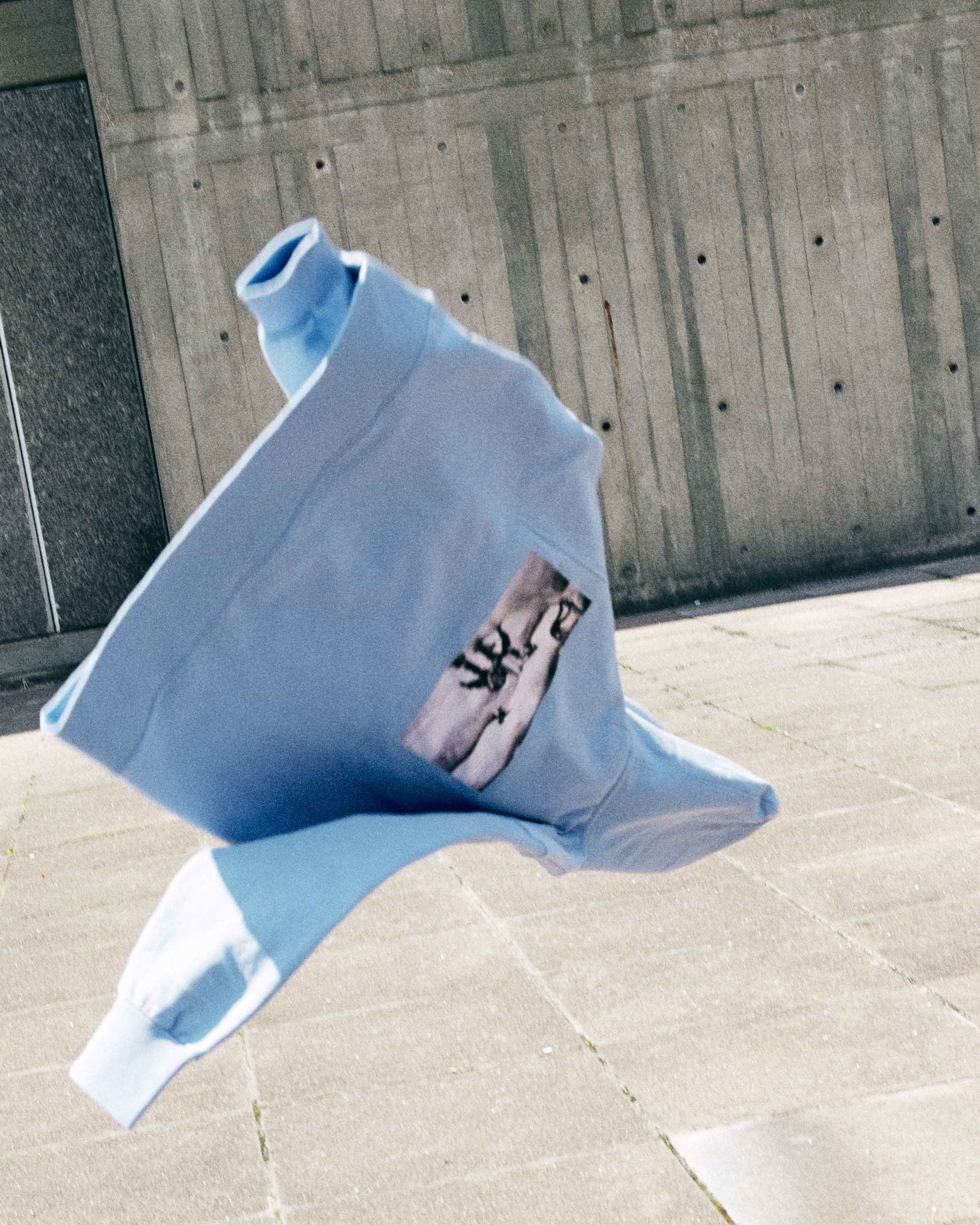
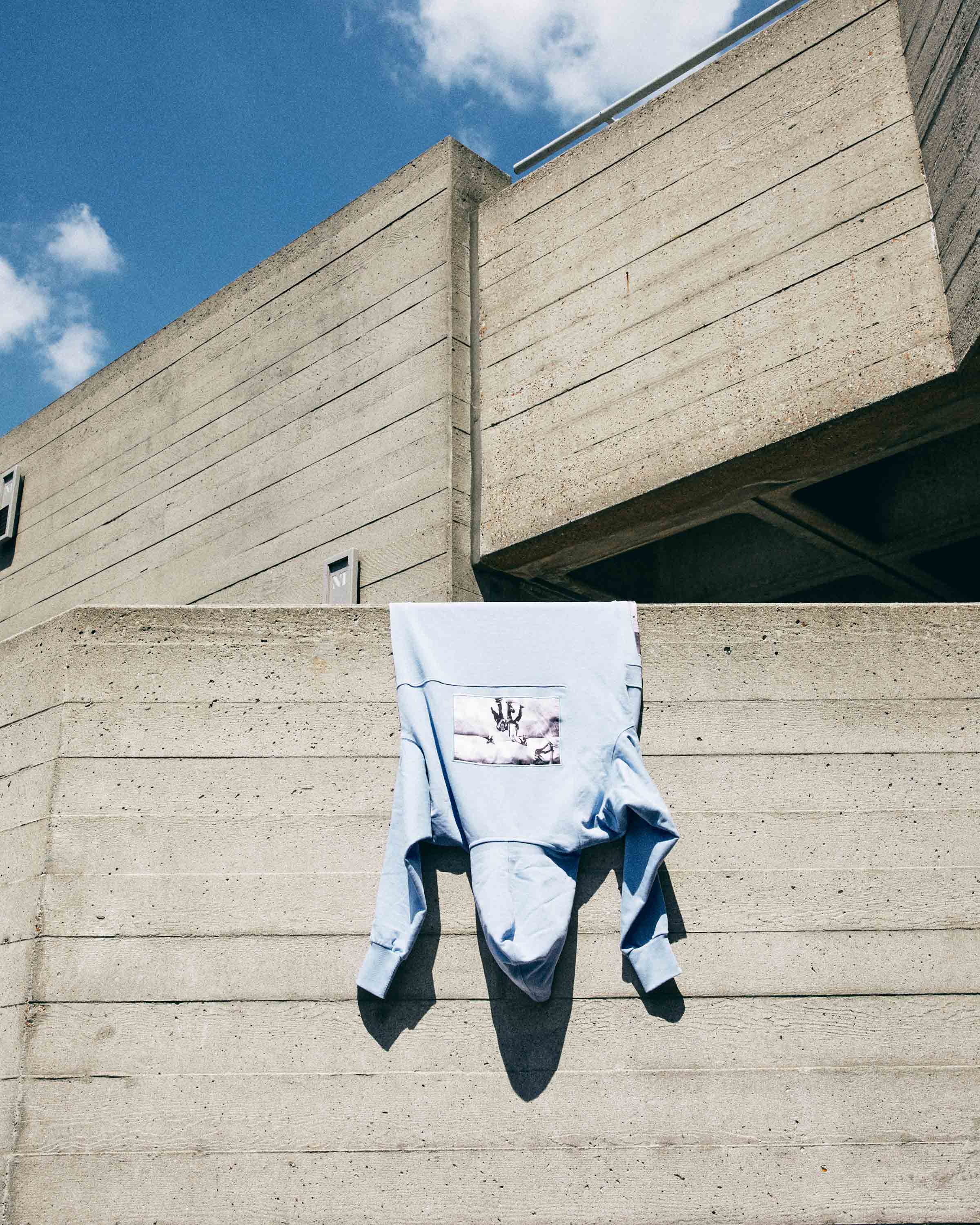
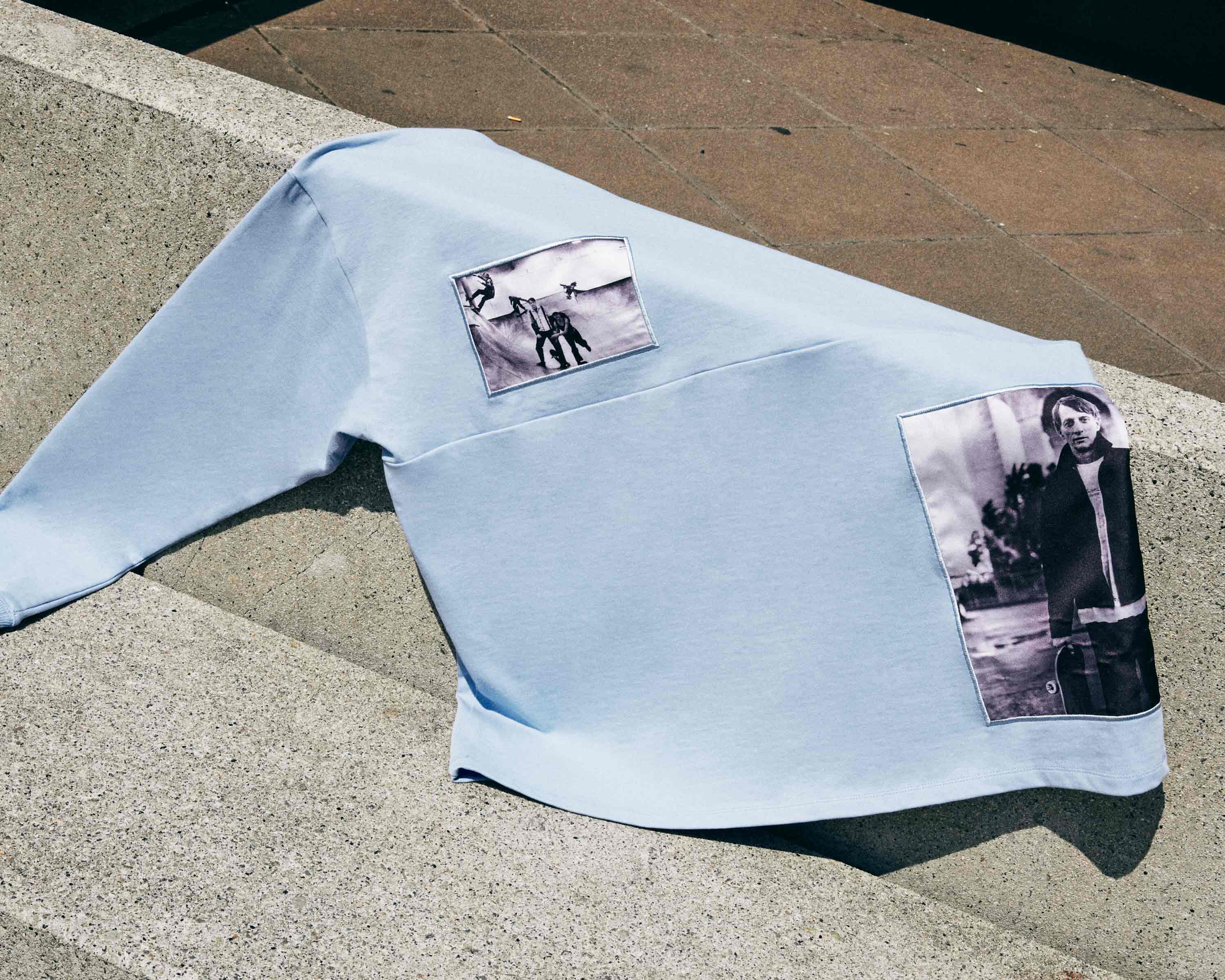
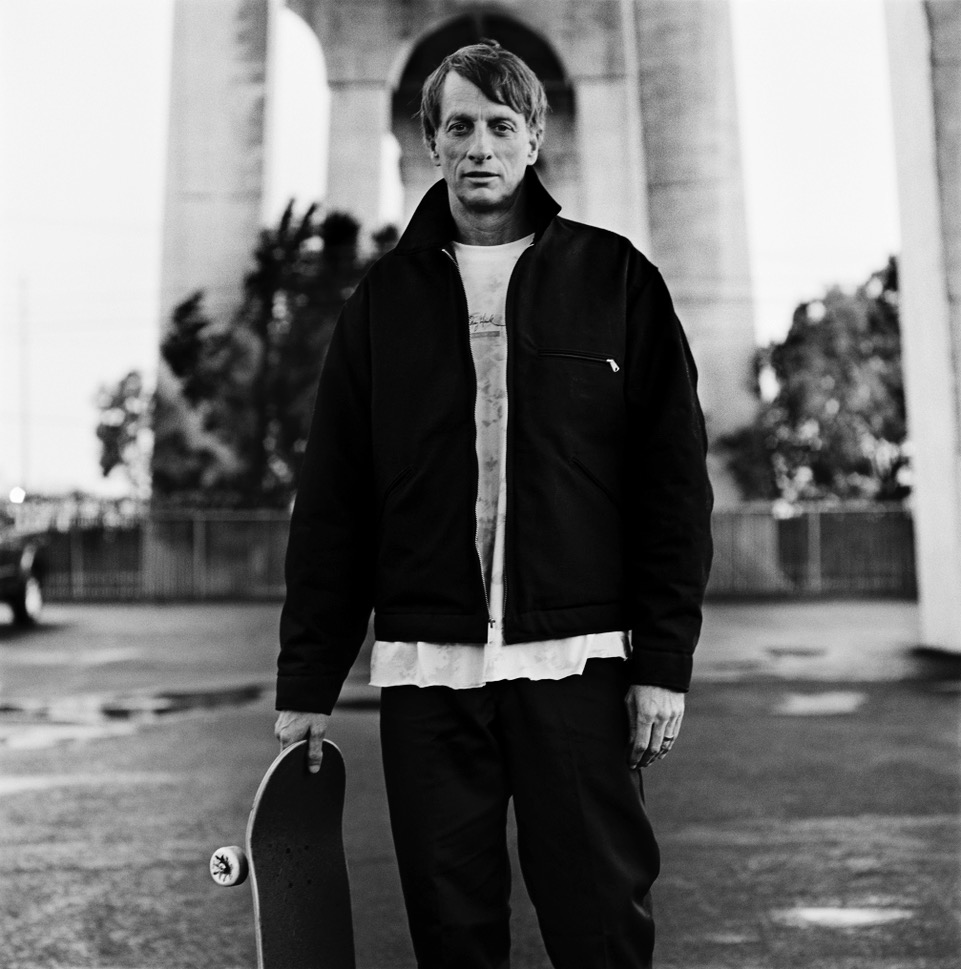
People often talk about the skate scene as being very inclusive. What are the kinds of lessons that skating can offer people in their day-to-day lives?
Skating will teach you the value of perseverance and can give you self-confidence in a way that most other sports can. It is the great equalizer; nobody cares where you’re from, your ethnicity, your finances or your sexuality; they only care how you skate.
Are there any young skaters you’re particularly excited about?
Moto Shibata, Kader Sylla, Stella Reynolds and Rayssa Leal.
What’s your view on fashion? Does what you wear affect your mood or are you more focused on practicality when it comes to clothing choices?
Fashion is always important; it is your personal statement before anyone hears you speak or sees you perform. I’m rarely wearing clothes that I can’t skate in, but I have a few pairs of pants that are off limits for skating because I don’t want holes in the knees of everything I own.
If you hadn’t become a skateboarder what would you be doing right now?
Editing video or producing content for something (or somebody) that I think is cool.
